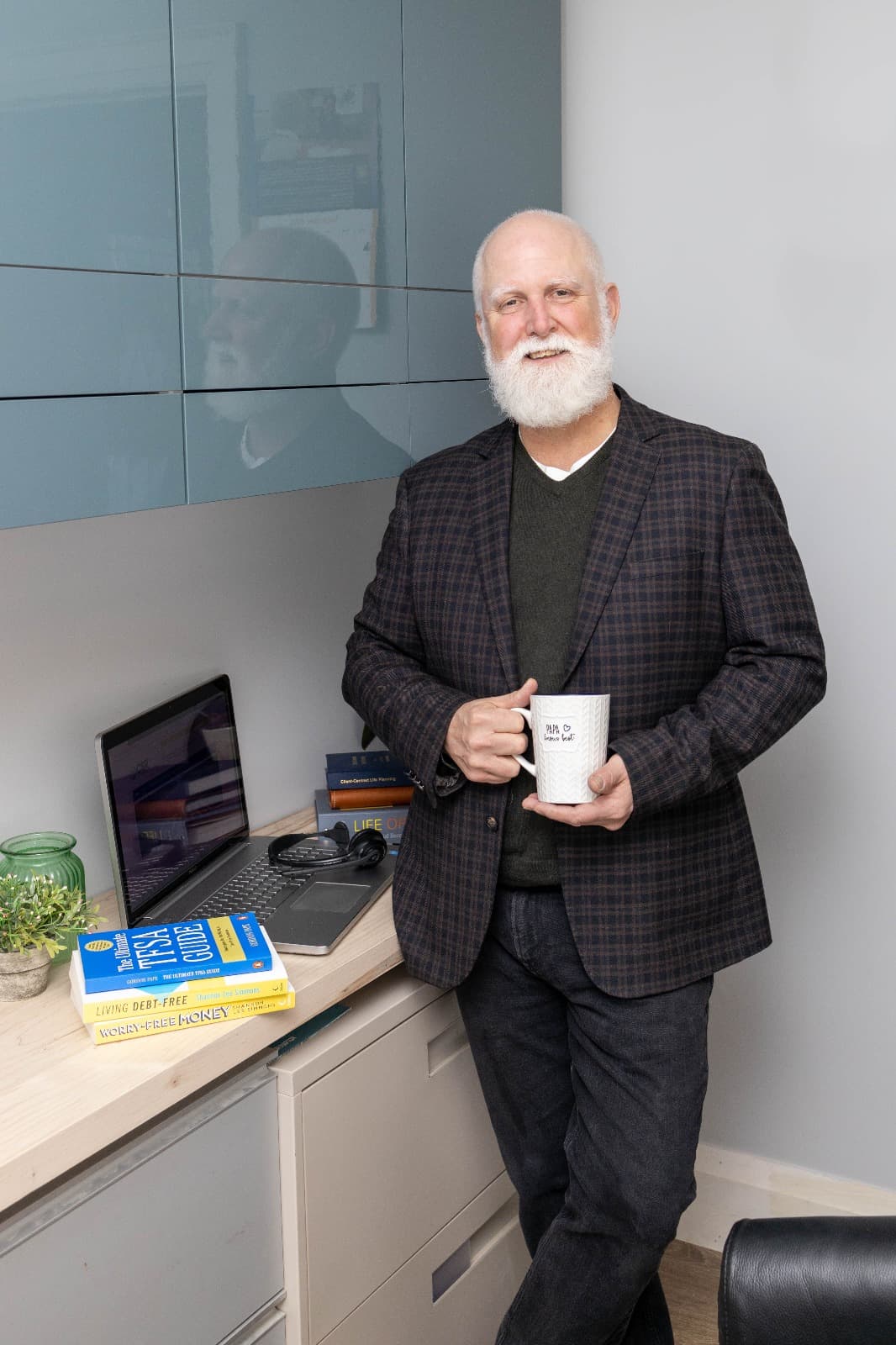I get asked a lot of questions about money; from clients, friends, family, neighbours and strangers and I can honestly say, I have never come across any personal finance situation that was the same for any one person. My answers for them are always different because every single person has a twist to their financial story.
But I have noticed some very common mistakes people make when it comes to planning for their retirement. I’ve shared some of them with you below, with the hope that you’ll learn from others’ mistakes. Note though, that while all of the points I’ve shared are likely to put you on the right path to a more financially secure retirement, they do need to be customized to fit your own personal financial situation.
Six common mistakes people make when planning for retirement:
1. They spend too much and don’t save enough.
This is a BIG one. My experience with many clients is that they aren’t saving enough and their expenses are too high for a variety of reasons, most of which have to do with wanting more: a bigger house, a nicer car, name-brand clothes or shoes, a bigger television, the latest iPhone, big cable packages, and so on.
While I appreciate wanting the finer things in life, the bottom line is, the money you make today is not just for today, but for tomorrow as well. Moreover, life is unpredictable, and being prepared financially is so important.
I urge you to look at your budget and carve out some savings for retirement. Once you’ve decided how much you’re going to save, have the money automatically withdrawn from your account each month and deposited into your tax-efficient accounts. (More on this below). Automation is the key here.
Lastly, review the amount you’re saving each year. If you get a raise, increase your retirement savings. Have you paid off your car or are your children finally done with needing child care? Redirect a portion of that money to your retirement savings.
2. They aren’t making the most out of tax efficient plans.
The only reason I can determine that people don’t take advantage of tax efficient plans is that they don’t understand the benefits. If they did, most would certainly be using one or all of these plans.
A Registered Retirement Savings Plan (RRSP) is a savings plan intended to save for retirement. Taxes are deferred on principal and interest until funds are withdrawn, usually at a lower tax rate, saving you a lot of money.
A Tax Free Savings Account (TFSA) is a savings plan for any purpose (i.e. retirement, vacation, home, inheritance). Money grows and can be withdrawn at any time, tax-free.
A Registered Education Savings Plan (RESP) is a savings plan for a child’s post secondary education. Taxes are deferred on the interest earned until it is withdrawn and withdrawals are taxed under the student, which in most cases means little or no tax is paid. Plus, the Child Education Savings Grant (CESG) contributes free money of up to $500 per child per year.
For all of the above accounts, compound interest plays a big role in building wealth too. It’s a very powerful tool and one everyone should understand. You can use this calculator to see what I mean.
3. They don’t have a retirement plan or never adjust it.
Most people I come across are flying by the seat of their pants when it comes to retirement and have never created a plan for themselves. They also make assumptions without considering all angles like:
- I’m saving enough
- My pension will be enough
- I’ll never lose my job
- I’m going to work forever
- I’m expecting an inheritance
- My home will be my retirement savings
- My children will look after me
- I’ll live on OAS and CPP
The problem with these assumptions is that in my experience, they are very rarely accurate. A good retirement plan considers all the “what ifs” to put you and your family in the best financial position, no matter what the circumstances. Reviewing the plan annually and adjusting it as needed, is what keeps it valuable.
4. They consider their home to be their retirement fund.
This is a very common retirement plan for many people, especially given the housing market these days, and it’s a bad idea for many reasons, including:
- Housing markets fluctuate and your home may not be worth what you *think* it will be, *when* you want it to be
- Even if you downsize, you still need to live somewhere and people rarely calculate the cost accurately
- Many people *think* they’ll downsize but have a hard time leaving the family home, but without retirement savings, they won’t have a choice
While downsizing and using the proceeds of the sale of your home for retirement can be part of your plan, it shouldn’t be the whole plan; there are way too many variables.
5. They rely on their work pension.
People with a pension through work often don’t feel obligated to save anything more for retirement or make a financial plan for themselves because they think it’s taken care of, however, one needs to factor in the risk of things such as the company folding, job loss due to downsizing or health issues that don’t allow them to work until their required retirement date, just to name a few. It’s important to save above and beyond a pension for all of the reasons mentioned and to have a plan of your own with the “what ifs” built in.
6. They borrow money from their RRSP, but never pay it back.
I see this a lot: people “borrow” from their RRSP in order to fund a new car, a cottage or otherwise. Not only do they pay extremely high tax on the withdrawal, but despite their good intentions, they never replace the money. (This point excludes the Home Buyers Plan or Life Long Learning Plan, which are exceptions).
With the introduction of TFSAs, this can easily be avoided. Instead of using funds from an RRSP, one can intentionally save for a car, cottage, travel or anything else, in a tax efficient account, without jeopardizing retirement savings.
If all of this information is overwhelming, you’re not alone. But, it’s not as complicated as it seems and a good financial advisor can help you sort it all out. The first step is yours to make though; go ahead and ask for help .







